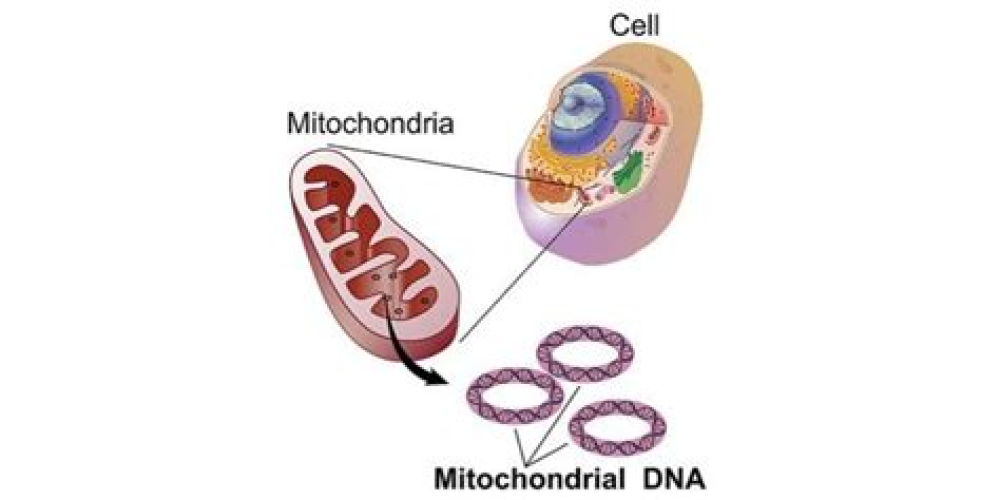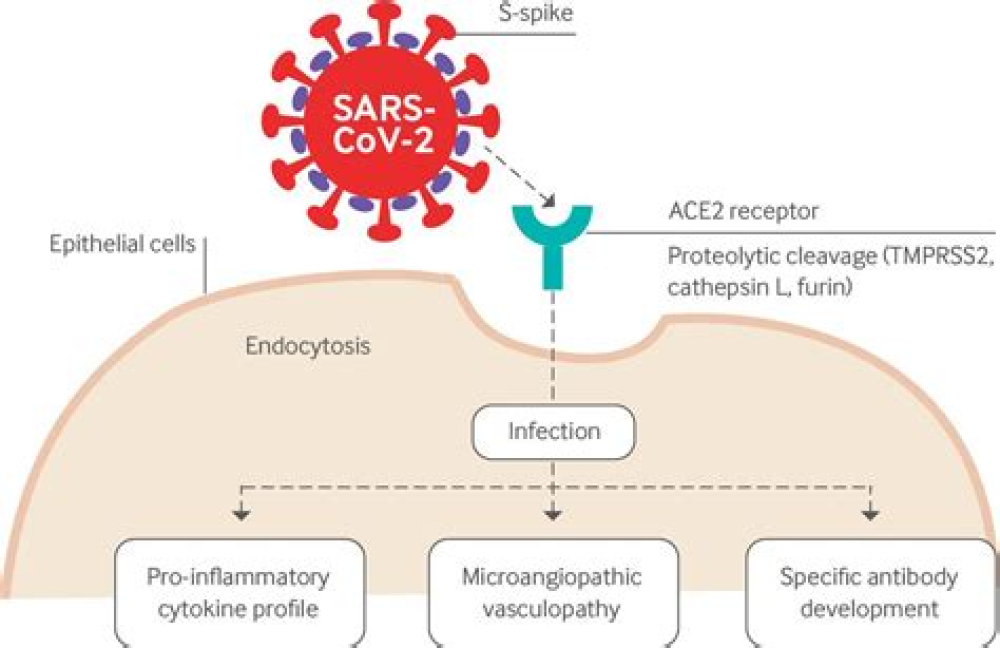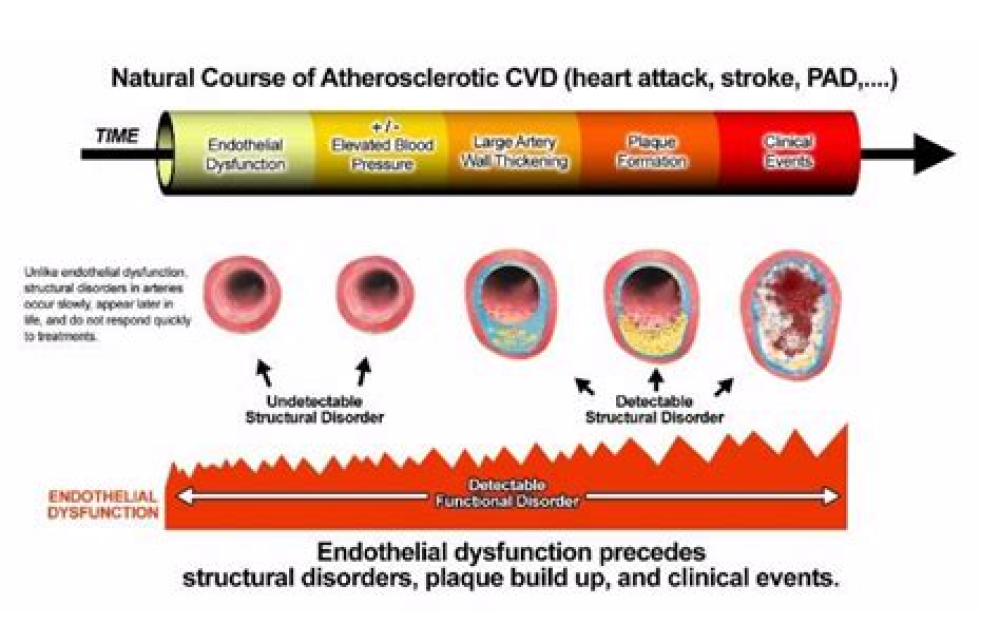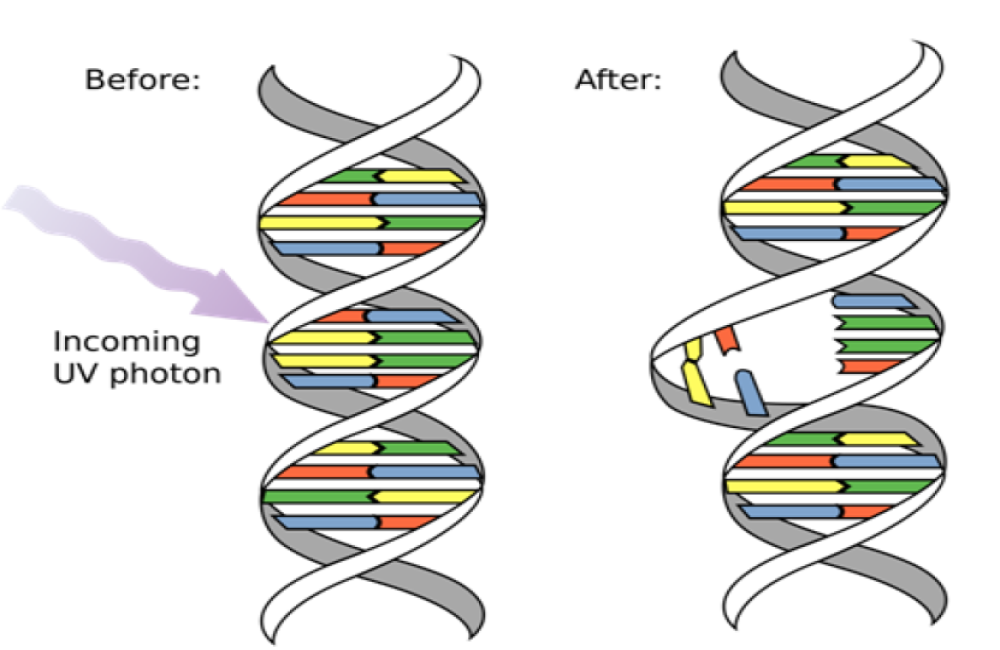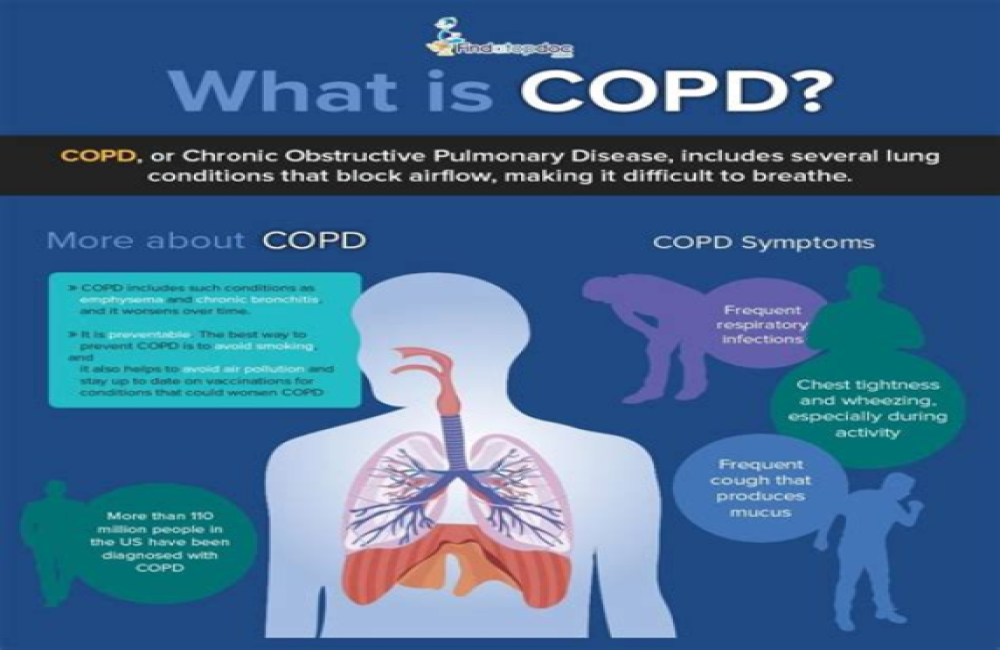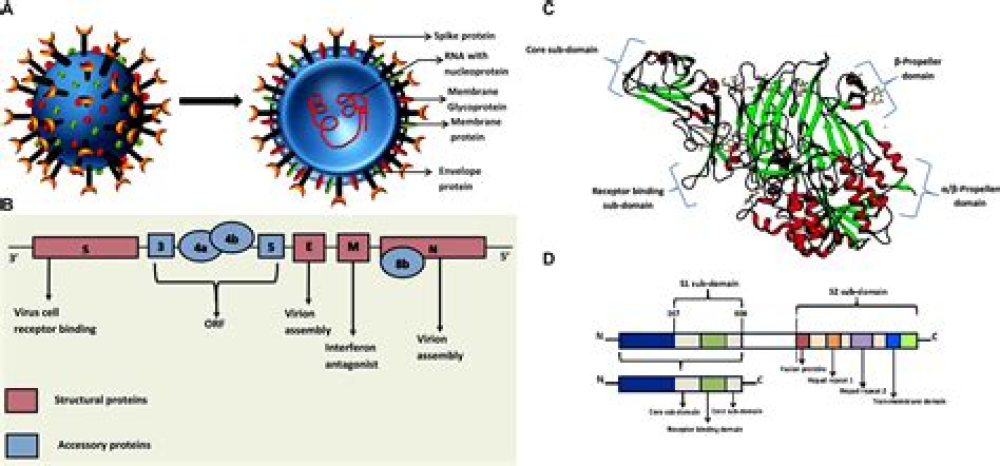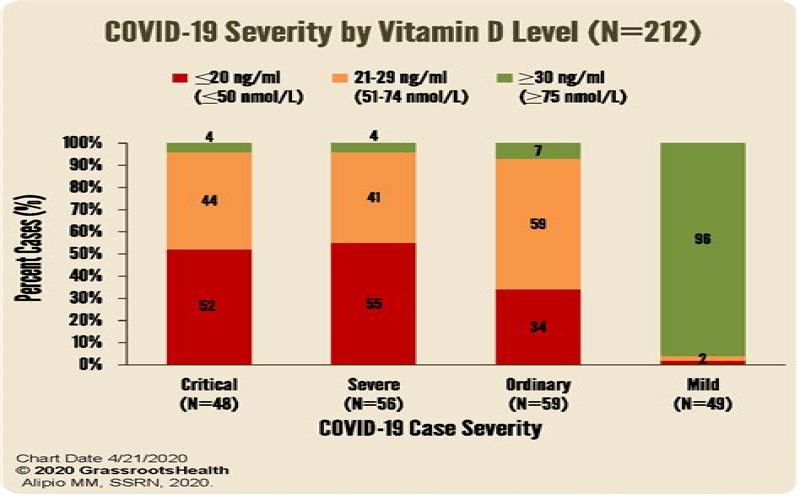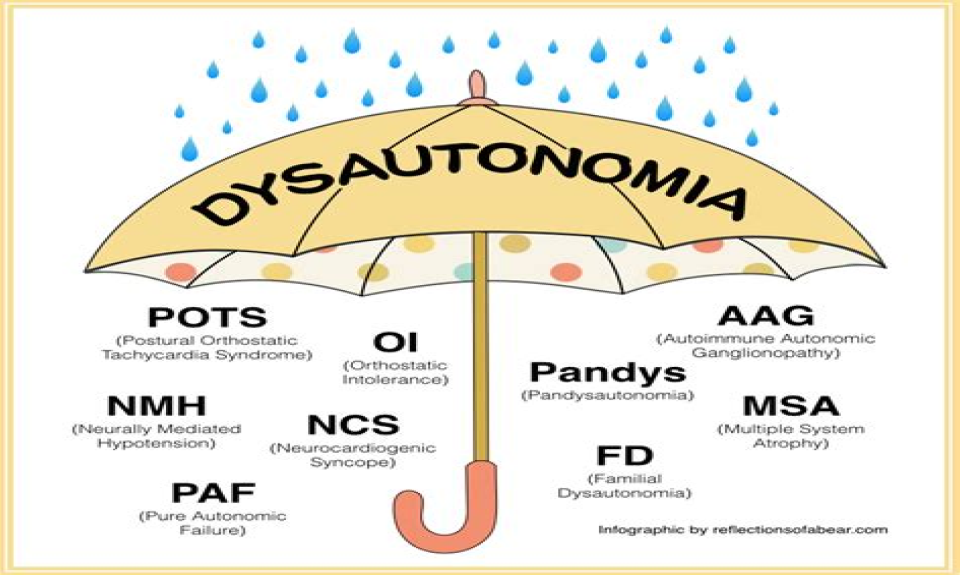
THE MYSTERY OF LONG COVID: BRAIN FOG, FATIGUE, EVEN SEXUAL DYSFUNCTION
Duke doctors share insights on the illness during a media briefing Authors: STEVE HARTSOE MARCH 9, 2022 IN RESEARCH, MEDICINE Thousands of COVID-19 survivors continue to grapple with symptoms many months after they…[...]
Read More
